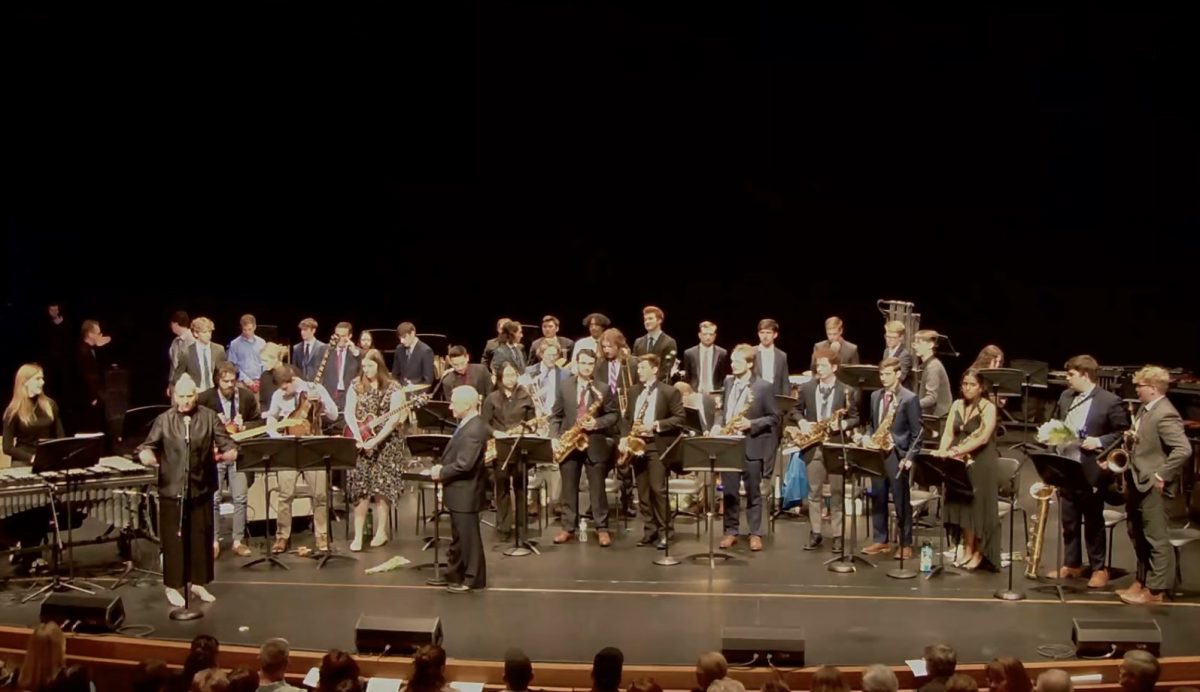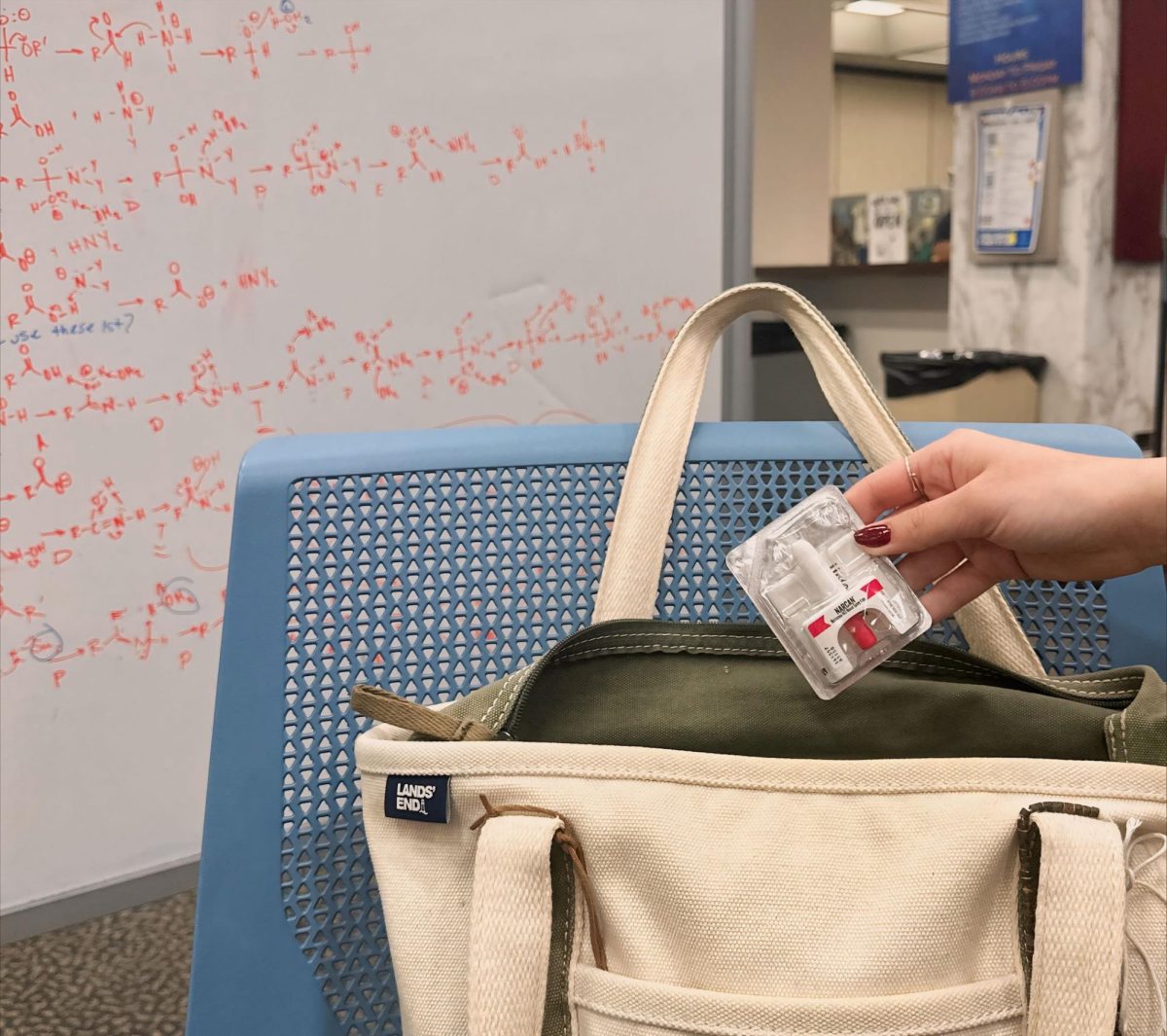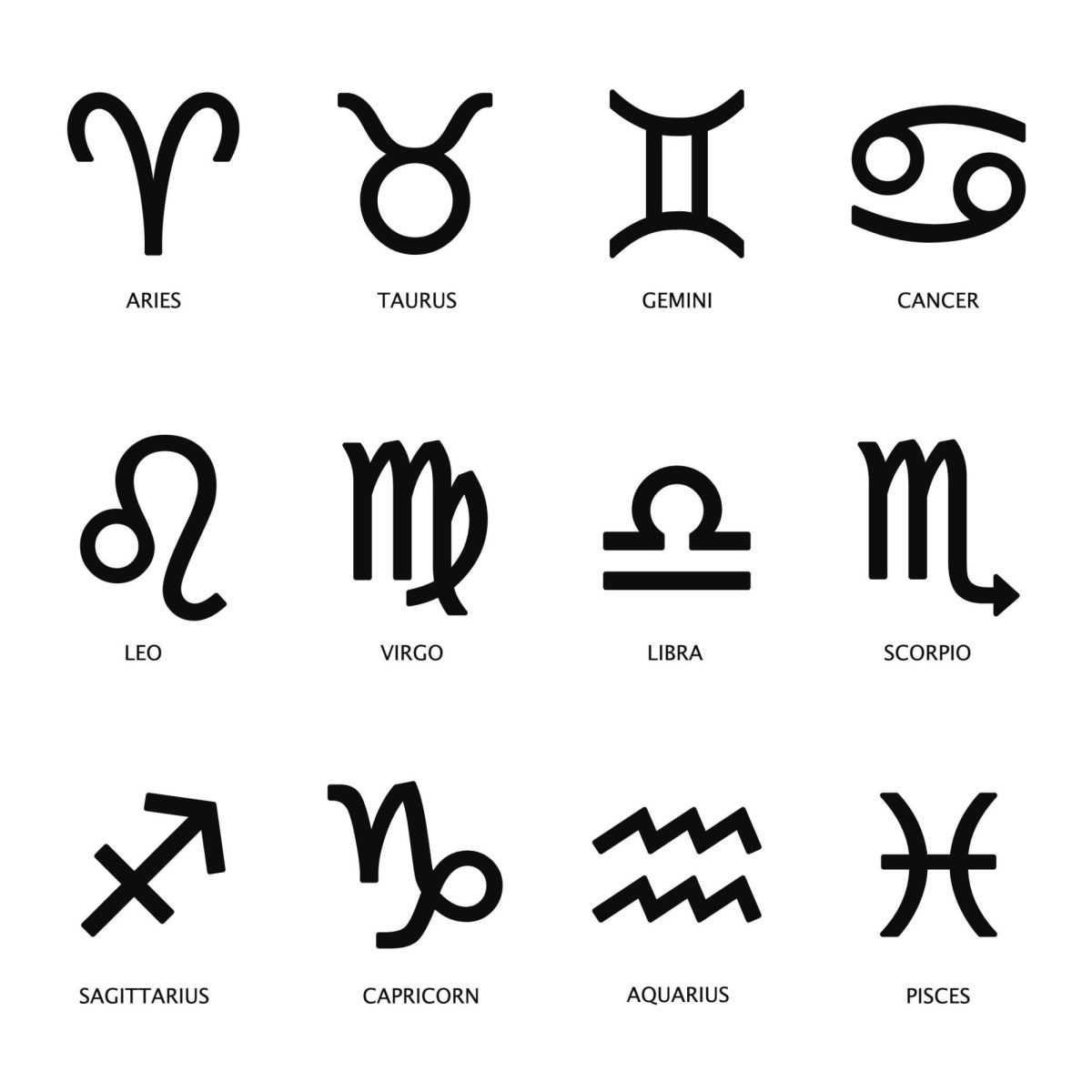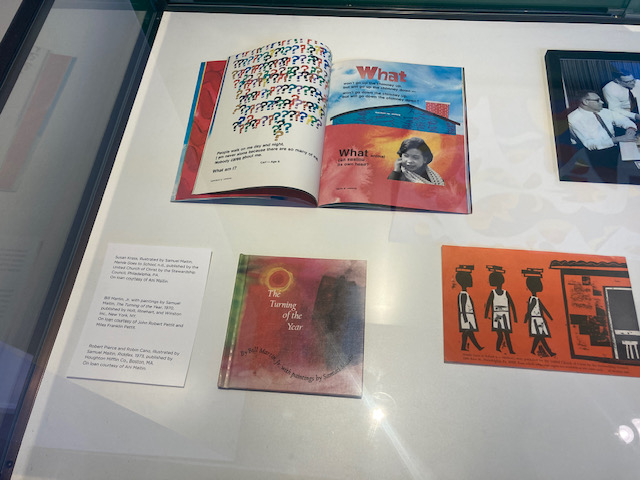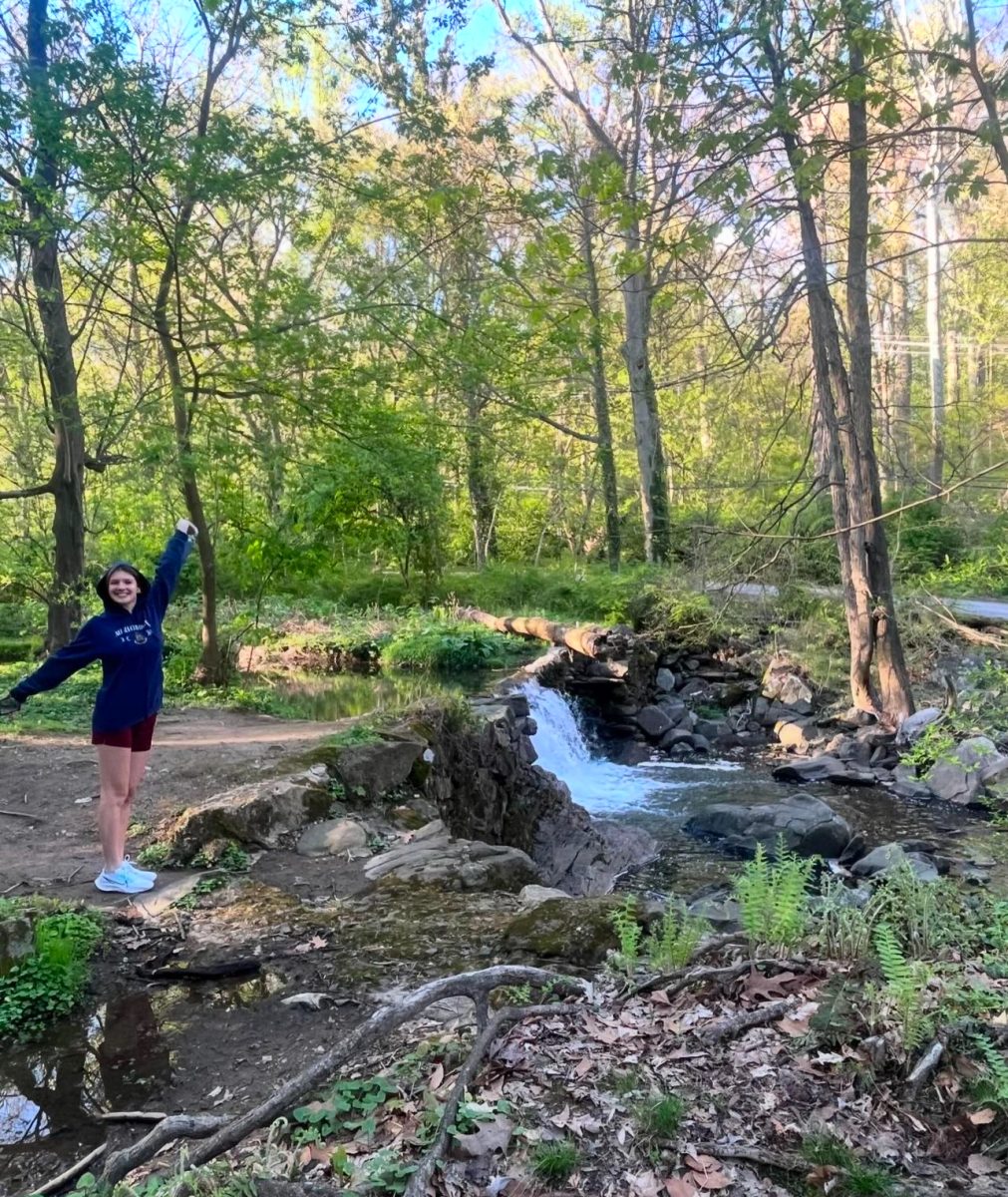A unique, once-in-a-lifetime opportunity, Villanova’s Social Justice Documentary class presents students with the chance to travel abroad, study a prevalent social justice issue and direct, edit and produce a film about it. This Fall Break, the production team is headed to Salvador, Brazil, where it will capture the cultural preservation important to the region’s historical integrity.
Taught by Hezekiah Lewis in the Communication Department, the class creates its own production team and goes through the preproduction, production and post-production phases leading up to the premiere of the documentary in May. University-funded and supported with generous donations, the team will immerse itself in a community abroad to better understand and capture a social justice topic relevant to the area studied.
When classes began in August, the team engaged in pre-production. This included deciding on a name for their company, assigning roles, designing social media and beginning to collect donations. Production takes place over Fall Break and the week after, when the team travels abroad to film and conduct interviews. After that, through May, the team edits and puts everything together to prepare for the premier.
During this pre-production phase, the class voted to name their production company “Stained Glass Films,” an idea pitched by documentary co-director Jameson Ford.
“Usually, [stained glass is] different shapes of glass and colors melted together to make a stained-glass photo, and then perfectly structured to create a story within the window,” co-producer Grace Owusu said. “[Ford] saw each person as their own color, their own glass tile, coming together to create the story and represent who we are.”
The team will fly to Boston the morning of Oct. 7, then will be off to Sao Paulo. It will then head to its destination of Salvador, where it will stay for two weeks to gather footage. Owusu and fellow co-producers Joe Adams and Zenaida De La Cruz keep track of logistics, booking flights, scheduling and fundraising.
A coastal town located about six hours north of Río, Salvador has the highest population of Africans outside of Africa, a result of the Portuguese slave trade. This year, the team is highlighting the larger theme of cultural preservation in the Salvador area.
“It’s really big on celebrating Black history,” Adams said, who was also part of the documentary team last year and traveled to Kenya with the group. “We’re focusing on the idea of preserving culture and how that has persisted through time even through challenges and violence and different aspects of colonialism. We’re trying to focus on how that culture has been preserved and what it means for different groups.”
One of these specific groups is the Camdoblé religious group.
“[The Camdoblé] is a religious group that didn’t want to have Catholicism forced on them,” Adams said. “So, they kind of changed that path and made their own religion that was a big piece of their culture. There’s a lot of little pieces that contribute to the theme of cultural preservation.”
Usually made up of 14 to 20 students, the class requires each student to take on a role in the production team, either on the documentary or multimedia side of things. Whether it’s director, editor, producer or writer, every position has its own responsibilities and requires a lot of dedication to successfully contribute to the film. The pre-production phase alone includes booking transportation and hotels, researching and writing, Zoom sessions with collaborators on site in Salvador and storyboarding. Of course, there are many challenges along the way.
“It’s hard because you can come in with an idea and have great conversations with collaborators beforehand, but when you actually go there, it’s a really different story and something else could catch your eye,” Adams said. “You really have to be grateful we’re able to FaceTime and Zoom with our collaborators, but at the same time also go in with the ideology that, once you’re in a really cool, historic place like Salvador, the whole storyline and any preconceived notions that you had about Salvador and Brazil, in general, could change.”
Although the course presents many challenges, it more importantly provides an opportunity unlike any other.
“You’re offered a once-in-a-lifetime experience,” Adams said. “There’s nothing like this course anywhere in the world. The fact that you’re able to travel somewhere for two weeks and make a film that gets sent off to different places around the world to hopefully win awards while also being close with this team over a full year and having real conversations, I think is incredible.”
“This course is helping me understand myself, not only how to be a leader and work with people, but who I am as a character,” Owusu said.
Owusu is a junior global health major who came into the class having never taken a communication course. The course is open to all majors and colleges. There are workshops available for students to become well-versed in filming and editing if they lack experience in any areas. As the only STEM major in the class, Owusu was pleased with how fast she and her classmates bonded to create the necessary foundation to go out and work, sometimes vulnerably, together.
For both Owusu and Adams, this class has been a transformative experience for their time at Villanova and, more broadly, their lives.
“One of the things [Professor Lewis] always says is ‘What is your why? What is your why for Brazil, or Salvador, specifically? Why do you need to go there?’” Owusu said. “This class teaches you how to intersect yourself not only within, but on an external level, as well. My number one struggle is [those] internal question[s] of ‘who am I?’ and ‘why am I here?’ I probably won’t fully answer the question by the end of the course, but I’ll probably get a lot closer to learning more about myself.”
“I think no class or experience, even at Villanova, will compare to this,” Adams said. “We have a lot of real, genuine conversations about power, privilege and difference. “It challenges you in ways that you don’t expect. It emulates the world.”
The class will begin the post-production phase upon their return from Brazil in late October. The film will premiere in early May. To keep up with the film’s progress or to donate to the program, follow @stainglassfilmsvu on Instagram.


